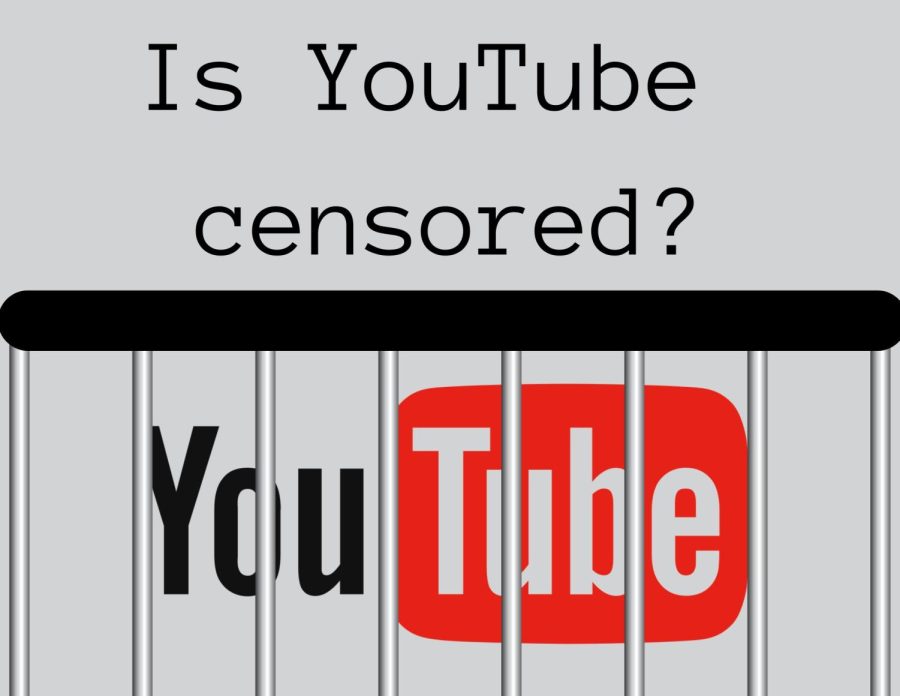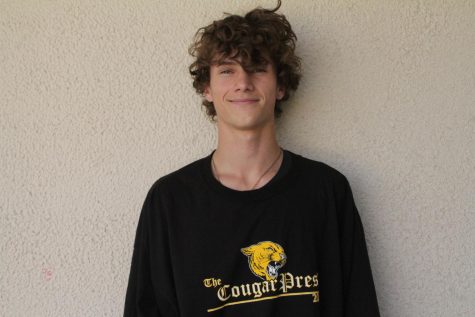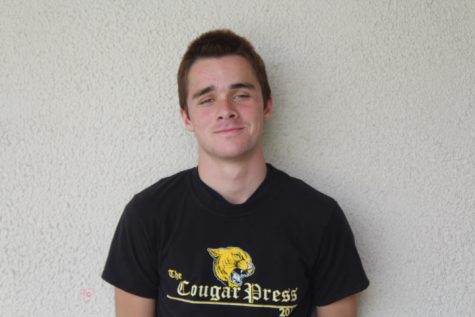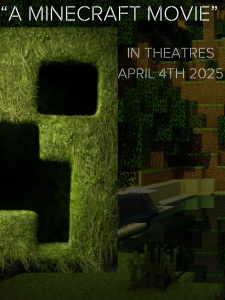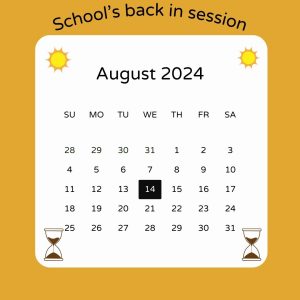VUSD controls what the student body can and cannot see on their Chromebooks
YouTube is available on all student Chromebooks and is utilized by students and teachers to further the goal of education. However, the version of YouTube available to students is censored. Graphic by: Hugh Murphy
February 9, 2023
School-issued Chromebooks contain restrictive software to limit student browsing
All students at VHS are given Chromebooks for use in and outside of class. These laptops are on a district-managed operating system, which regulates the software that can be downloaded and the websites that students can visit.
YouTube, a popular platform among teachers and students for educational content and entertainment, is also regulated on students’ Chromebooks, with restrictions being placed on videos that are deemed inappropriate. Restricted videos are hidden from YouTube search results, and attempting to click on one in Google search results displays the message, “This video is restricted. It must be approved for you to view it.”
Ventura Unified School District Assistant Superintendent Gregory Bayless said, “All public school districts, including VUSD of course, have federal/state legal requirements [COPPA and CIPA] they must meet when providing internet access to minors that prevents them from viewing inappropriate material online. Additionally, VUSD is a ‘Google District’ as many districts are [e.g., Google emails for students/staff, organization–level Google license, automatic settings like ‘safe search’, etc.], and YouTube is a Google-owned company. Similar to ‘Safe Search’ mode in Google, with YouTube we are set up in ‘Restricted Mode,’ so they make decisions about what is allowable in that mode or not.”
Teachers are given unregulated access to YouTube and thus can show their students content in class, but the ability of students to view content on their own time is limited. VHS economics and history of American music teacher, Christian Gallo, said, “I think [YouTube] should be regulated in a school but the things that [the district] is regulating don’t make sense to me like the financial content and the content for my music history class. They couldn’t pull up old clips of Elvis or The Beatles, those videos were blocked on the students’ end. I get why they’re doing it but I think they need to have more of a hands-on policy, picking and choosing what is shown.”
For many students, their Chromebook is their only point of access to the internet besides their phone. The regulation of YouTube can prevent these students from accessing all of the information that could benefit their education.
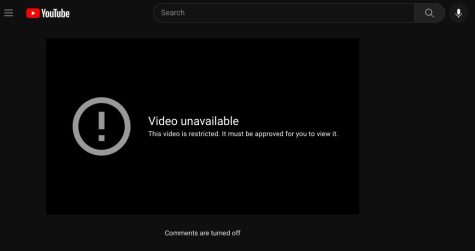
Bennett Torgerson ‘23 said, “VUSD’s regulation of YouTube can damage how students learn. Not being able to see the comments on YouTube videos can harm what a student is learning as oftentimes those comments can correct what the original poster made mistakes on. Students may not have access to other devices at home, so having certain videos blocked out stops the student from finding videos that could help their education.”
The regulation of YouTube by VUSD is set in stone by state and federal laws and by the district’s partnership with Google, but there is still the possibility for change.
Bayless said, “I’d love to have a system that allowed us to authorize videos at the grade-level specific level, but that’s not possible.”
Gallo said, “If it was more in our control and not in Google’s hands, [teachers] would have the ability to … judge what they are and aren’t able to show and [be able to] unblock content for students.”
Torgerson said, “I would change the system to let students see the likes and comments on videos. I also wouldn’t block out any videos because we should have access to whatever content can help us.”




